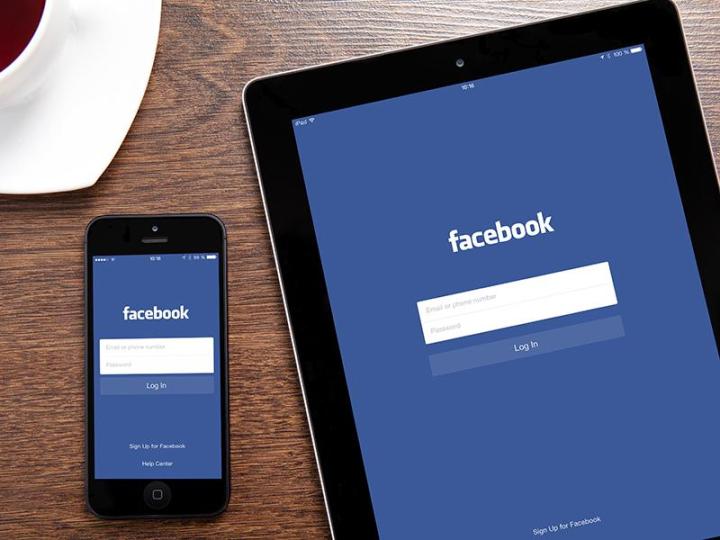
Aude took screenshots and a short video of the hidden feature on Twitter. Once the feature is enabled, it looks like users can send mobile payments to friends in Messenger the same way they send photos. Users simply have to add a debit card to Messenger, or confirm the one they already have set up with Facebook. Currently, only debit cards work with the service, not credit cards. An in-app PIN code protects each payment.
@Facebook Messenger has P2P payments coming. @SquareCash style. pic.twitter.com/3NuXuuaMMC
— Andrew Aude (@andyplace2) October 4, 2014
To send money to a friend, you just need to open Messenger, chat up the person you want to send money to, and tap the payment button. Messenger will ask how much you want to send and once you’ve confirmed the amount, it sends to your friend’s account.
According to Aude’s statements to Techcrunch, Messenger’s upcoming feature works like this: “The mechanism it uses is to debit one account, and then use some magical means to lookup the bank account number of the recipient and ACH [Automated Clearing House] deposit it, Identical to Square Cash.”
Aude also uncovered hints of future PayPal integration in the code, but said it wasn’t available yet. PayPal integration would be a logical step for the service, not only because it’s a popular mobile payments company, but also because PayPal’s former president David Marcus, is now in charge of Messenger.
Aude added that Facebook has to pay a certain amount for each transaction, just like any other mobile wallet. “Based on my understanding of the debit interchange rates, each transaction will cost Facebook roughly $0.40 to $0.50 (Durbin swipe fee + ACH fee). The app didn’t mention a fee to send, so it’s probably free, at least initially. Over time they might add a $1 fee.”
If mobile payments in Messenger take off, Facebook could make a good amount of money off of the transactions. The feature would also set Messenger apart from its many messaging app competitors. It’s unclear when the feature will go live, but Aude believes it won’t be much longer.
Editors' Recommendations
- Meta found over 400 mobile apps ‘designed to steal’ Facebook logins
- Facebook Messenger app adds calling, following WhatsApp’s lead
- Messenger’s encrypted chats pick up user-friendly features
- This is how much Facebook’s outage is thought to have cost it
- Messenger and Instagram gain cross-app group chats, new themes


